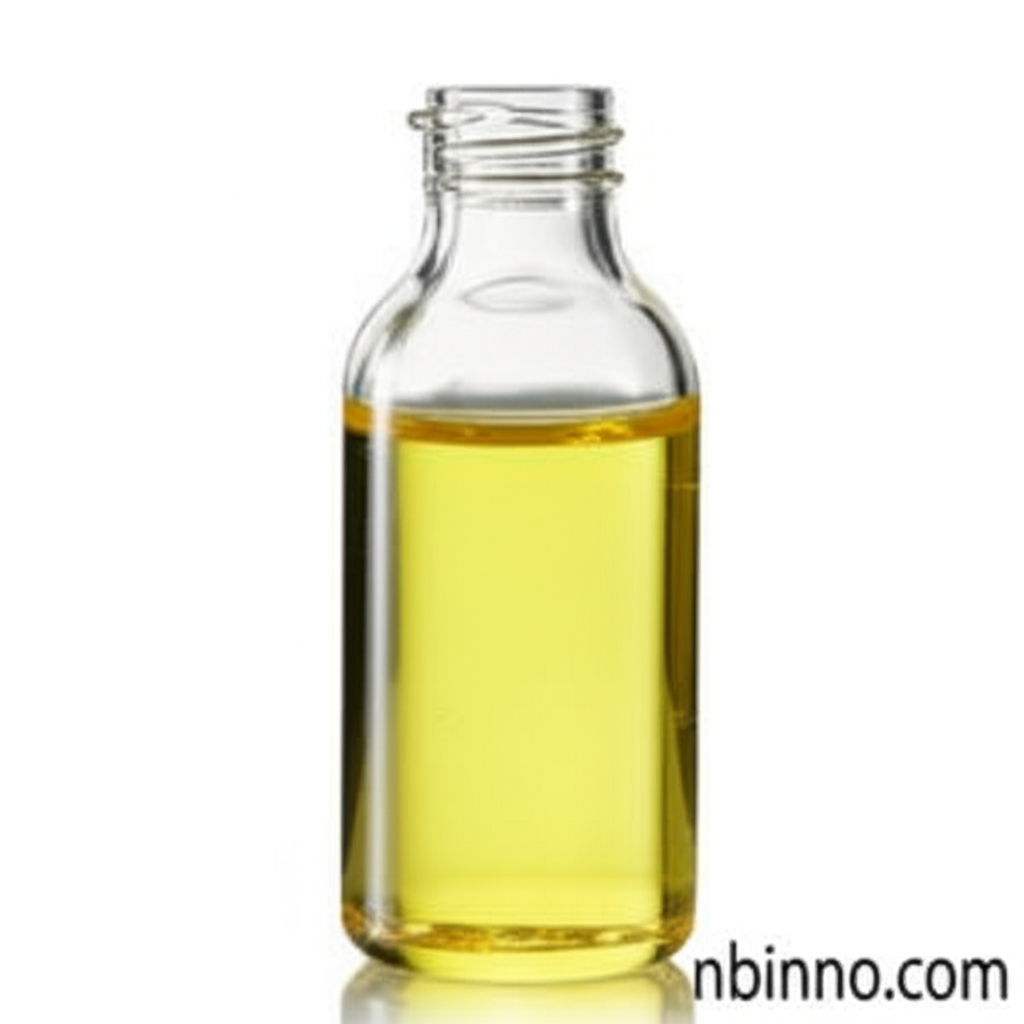Ethyl Cinnamate: A Versatile Aromatic Ester for Flavors, Fragrances, and Beyond
Discover the multifaceted applications of this sweet, balsamic ester in sensory products, pharmaceuticals, and advanced research.
Get a Quote & SampleProduct Core Value

Ethyl Cinnamate
Ethyl cinnamate is a highly versatile organic ester, prized for its distinctive sweet, balsamic, and fruity aroma, often likened to honey, strawberries, and cinnamon. Its complex scent profile makes it a valuable component in a wide array of consumer products, contributing significantly to the sensory experience of flavors, fragrances, and cosmetics. Beyond its aromatic qualities, ethyl cinnamate also serves critical functions in pharmaceutical synthesis and as a specialized solvent.
- Leverage ethyl cinnamate's unique flavor profile to enhance strawberry, cherry, and grape notes in food products, ensuring a delightful taste experience for consumers.
- Incorporate ethyl cinnamate into perfumes to impart warm, floral-balsamic notes and act as a fixative, extending the longevity and complexity of fragrances.
- Utilize ethyl cinnamate as a pharmaceutical intermediate in the synthesis of antimicrobial and anti-inflammatory agents, contributing to drug development.
- Benefit from ethyl cinnamate's solvent properties in specialty chemical formulations, where it acts as a carrier and stabilizer for active ingredients.
Key Advantages
Exceptional Sensory Profile
Its sweet, fruity-balsamic aroma makes ethyl cinnamate a highly sought-after ingredient for creating appealing flavors and fragrances, meeting the demand for sophisticated sensory experiences.
Versatile Applications
From enhancing food tastes to providing fixative properties in perfumes and serving as a crucial pharmaceutical synthesis intermediate, ethyl cinnamate offers broad utility across industries.
Regulatory Compliance and Natural Origin
As a compound found naturally in cinnamon and other plants, ethyl cinnamate aligns with the growing demand for natural-based formulations and generally holds favorable regulatory status for food and cosmetic use.
Key Applications
Flavor Industry
Enhances fruity notes (strawberry, cherry, grape) and adds balsamic undertones in beverages, confectionery, and baked goods, contributing to complex flavor profiles.
Fragrance Industry
Used in perfumes, soaps, and air fresheners to provide warm, floral-balsamic scents, acting as a fixative to prolong fragrance longevity.
Cosmetic Industry
Acts as a fragrance component and potential UV absorber, improving product stability and sensory appeal in lotions, creams, and skincare items.
Pharmaceutical Synthesis
Serves as a chemical intermediate in the synthesis of various APIs, including antimicrobial and anti-inflammatory agents, and as a taste-masking agent in oral medications.
